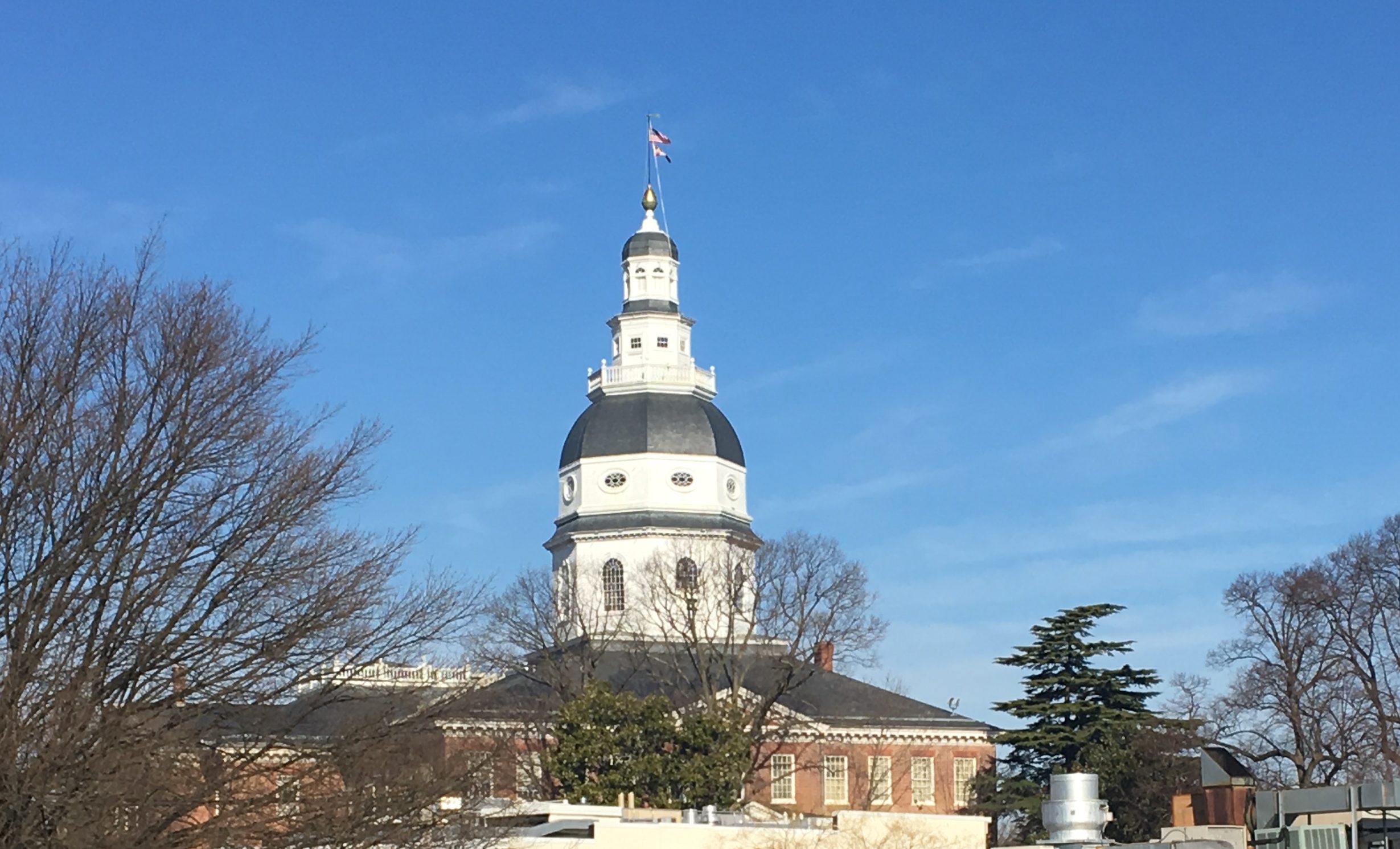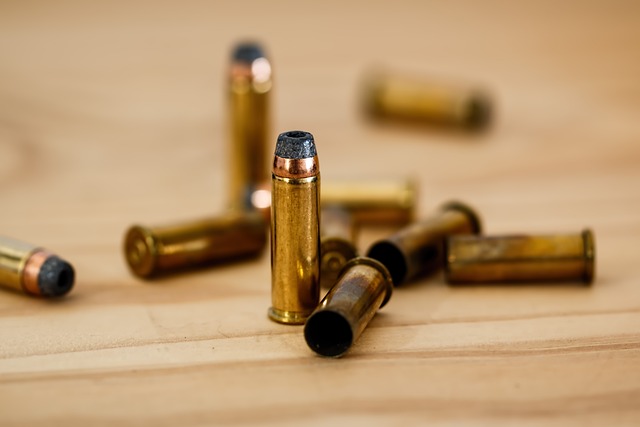Maryland Republicans prioritize violent crime legislation
By CHRISTINE ZHU
ANNAPOLIS, Md. – High public concern about crime has prompted Maryland Republican lawmakers to pitch a package of bills in this General Assembly session to attack juvenile crime, gun crimes, and violent offenders.
The General Assembly’s Joint Republican Caucus Thursday shared details about their priority crime package, emphasizing what they said is a continuing rise in juvenile crime.
House Minority Whip Jesse Pippy, R-Frederick, said Baltimore City has experienced over 300 homicides each year for the last eight consecutive years.
“The top issue Marylanders are most concerned about is the violent crime crisis,” Pippy said. “It should be a top priority for every legislator.”
Del. Nic Kipke, R-Anne Arundel, sponsored the Juvenile Gun Offenses Accountability Act, HB753, which would make adjustments to last year’s juvenile justice reforms to allow some minors to be charged with gun crimes.
Under current law, minors under age 13 can only be prosecuted for violent crimes. As a result, a 12-year-old boy did not face consequences when he brought a gun to school in Anne Arundel County earlier this year.
HB 753 would grant jurisdiction to the juvenile court over minors between ages 10 and 12 who are alleged to commit offenses involving firearms. This could include ordering behavioral therapy or detainment.
“We cannot expect young people to fully understand the impact of crimes that they might commit if we do not hold them accountable,” Kipke said. “Holding them accountable does not just mean throwing a kid in jail.”
Del. Rachel Muñoz, R-Anne Arundel, has a personal and professional interest in tightening up gun laws. She said during the news conference that a constituent reached out to her before the legislative session began about sponsoring a bill to make firearm theft a felony.
That prompted her introduction of HB 750, the Gun Theft Felony Act. At the time, she said she had “no idea” how difficult the legislation would become for her.
Last month, Muñoz’s husband was robbed at gunpoint at the West Annapolis pharmacy where he works. A suspect was later charged, but the terrorized family still has no idea how the suspect, who had an “extensive criminal history,” obtained the weapon.
Although Muñoz’s husband and colleagues were not harmed in the incident, it sparked rage in Muñoz.
“This happens to Maryland families every single day,” Muñoz said. “I didn’t have to tell our five children their father wasn’t coming home, but so many other people have to tell that story.”
Senate Republicans are also working to get SB 744, the Violent Firearms Offender Act, into law. Previous versions of this bill passed the Senate in 2021 and 2020, but failed to make their way out of the House of Delegates.
This year, the legislation has bipartisan co-sponsors and would upgrade using a firearm in a violent crime from a misdemeanor to a felony.
It would also remove the “drug dealer loophole” whereby drug dealers — or those posing as them — receive a lighter sentence than others convicted of the same offense. The bill reclassifies drug dealing as a violent crime, and therefore makes using a firearm in conjunction with drug dealing subject to a felony, rather than a misdemeanor.
SB 744 targets repeat violent offenders and gives prosecutors tools to hold them accountable, according to Sen. William Folden, R-Frederick.
“Right now, criminals in some jurisdictions are not fearing any consequences,” Folden said. “It is time to refocus our efforts on protecting our citizens and restoring the victim’s faith in the process.”
Senate Minority Whip Justin Ready, R-Frederick, and Carroll, emphasized the importance of bipartisan support for the package.
He said the Republican lawmakers have prioritized addressing violent crime for years, but legislation targeting repeat offenders typically dies.
“We are really imploring our colleagues in the supermajority Democratic side of things in both the House and Senate to join us,” Ready said.

Capital News Service is a student-powered news organization run by the University of Maryland Philip Merrill College of Journalism. With bureaus in Annapolis and Washington run by professional journalists with decades of experience, they deliver news in multiple formats via partner news organizations and a destination Website.

